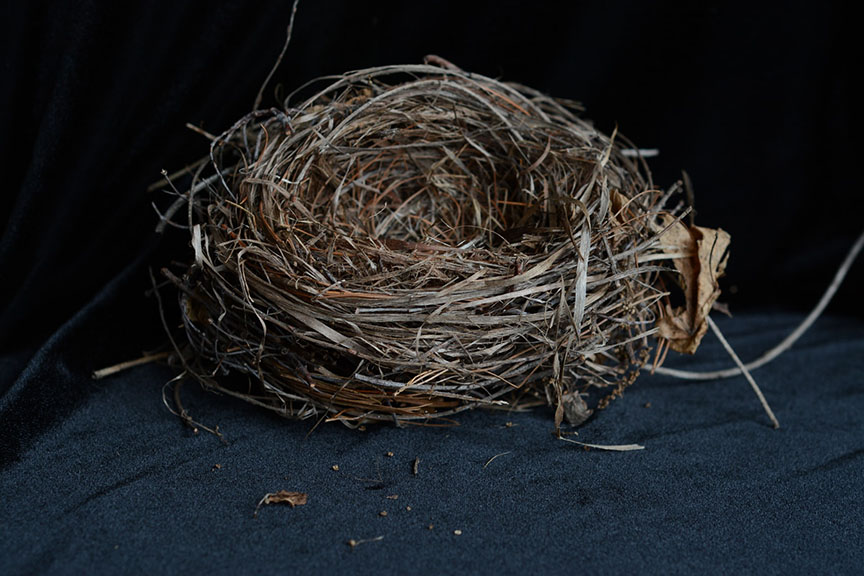
Empty nester: who will I be without dependent children?
I’m on a journey — a journey to empty nesting. At 45, with two sons aged 20 and 25 whose circumstances frequently change — they move in and out of our family home — it’s a time of negotiating the shifting of my closest relationships. In the resting beats, I reflect on this next major life phase:
Who will I be without dependent children?
Who was I with dependent children?
How will I move on from who I am now?
My feminist credentials make it hard for me to admit that I was a mom who gave my children limited chores and responsibilities around our household. So, for me, the most obvious shift in my identity is from primary caregiver and homemaker.
I was the changer of bed linen. The folder of tumble-dried laundry. The wiper of post-snack surface crumbs.
Other empty nesters will have had their own litany of caregiving roles that formed part of their family identity. Some will have been in a household where everyone took an equal share in chores. Some children will have grown into being the primary caregivers for their parents. There’s no doubt that I feel relief that, with fewer caregiving tasks in my life, more time frees up for other pursuits. But there is an ambivalence, too, that I hadn’t expected. I fear the space. You see, I’ve been a parent throughout the whole of my adult life.
I was a mom early in my own adulthood — at 20 and then again at 25. I had no career path before I became a parent. I’d dropped out of studying literature at university in the first term. I had notions I wanted to be a poet and a novelist, without much of a clue about that process, but was pretty sure that developing my capacity to analyse and appreciate good literature wasn’t straying far. In that first year of motherhood I wanted to show that my life options hadn’t been quashed (this was 1996), and I picked up the literature studies again, finally gaining a degree in English Language and Literature from a local university at 24. It was then that my husband and I opted against a large age gap between our son and any sibling to be, and decided to have another baby. Looking back, I see that this was the first time there was an element of hiding behind my caregiving life to avoid developing my individual ambition.
Now that I was a literature graduate, I saw that working outside the home, being the primary homemaker, being a mom to two young children, and forging a writing career added up to more time and energy than I had available to me. (Kudos to anyone who’s ever managed that). So I decided I wasn’t going to work outside of the home, and instead use any time available to me to make time to explore my identity as a writer. I balked at the prospect of paying for nursery for one child and wrap-around care for another, alongside the running of a second car, on the salary of a recent graduate. We made the calculations and the financial benefit of working outside the home was going to make us all of a hundred extra pounds a month better off for what seemed like a whirlwind of a life with little flexibility. My feminism was about freedom to choose a life path and valuing any of them.
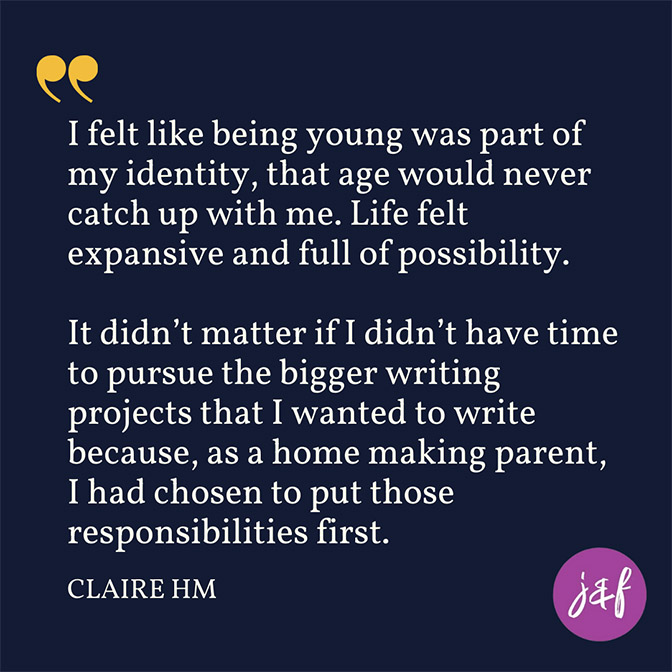
I was 25. I told myself I didn’t have to rush my personal ambition, I had plenty of time. I felt like being young was part of my identity, that age would never catch up with me. Life felt expansive and full of possibility. It didn’t matter if I didn’t have time to pursue the bigger writing projects that I wanted to write because, as a home making parent, I had chosen to put those responsibilities first. Did I want to put everybody else first? I didn’t ask myself about the distinction between desire and obligation. When I query the distinction now, I see that there was for sure a sense of joy and, alongside the responsibility, that sense of purpose and fulfilment. But I recognise a shadier side to the choice too.
I’ve also used caregiving as an excuse
An excuse for what? An excuse to not turn up for myself, centre my own needs, or even shuffle them closer towards the middle. Why would a person do that?
Without children at home, there are plenty of other people around me who I could shift this caregiving attention to. I’m not talking about people demanding my time or expecting my care. I’m talking about my own compulsive caregiving tendencies. I’m talking about choosing what feels comfortable and breaking my vow to myself that my career time would come later. That’s why a person might use caregiving as an excuse not to turn up for themselves — because it feels more comfortable.
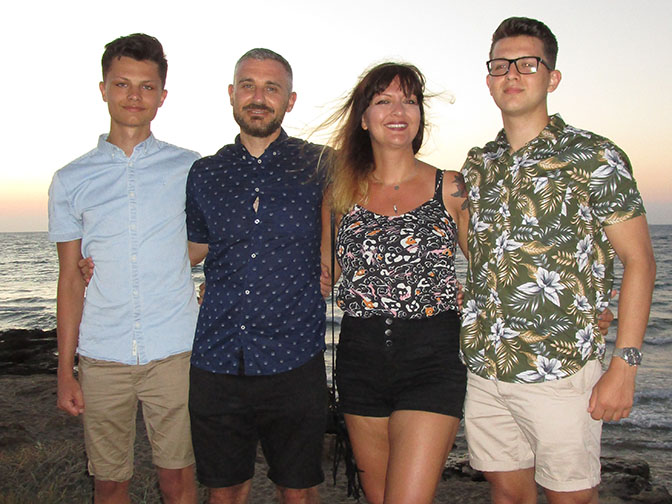
What is the delicious pull of caregiving and why am I going to miss it?
A great deal of it is missing the physical company of my children. When they’re around less, I experience a cumulative grief that must be faced and honoured, with a good old sobbing fit or two before I face the more practical side of moving forward. That’s healthy. That’s the animal craving of my body to be near to those that I hold dearest.
But the shadow side is the compulsion to feel needed, and the emptiness that brews when there is no one around who makes me feel needed in that way. The brewing emptiness isn’t new. It rose at other points in my children’s lives when I wanted to do something for them, but they didn’t want me to do it. There was not a match in my need to give care, and their need to receive care. They needed me less and I had to work through my own feelings of rejection. For me, this part of empty nesting is a continuum that started long ago, with the early milestones of their babyhood.
Seriously newborns can do nothing for themselves, rely on their parents for everything so that caregiving is turned up to the max as a matter of survival. But then, along comes sitting up independently and they don’t need us to hold them as much. Then they’re grabbing an object and they don’t need us to pass them everything, or even for us to choose everything they’ll hold. With weaning they no longer need the food our body produced for them or the labour-intensive work of sterilisation and formula feeding that we gave to them. Then they learn to move around, feed themselves, play with books. Soon enough they’re taking care of their own toileting needs, using tantrums to convey dissent and test boundaries. Then as school-aged children, they discover their own interests, form social bonds to a growing degree each year — you know how it goes. With each new thing my children learnt to do, it was one less thing that I had to do to provide their care.
I grieved these changes along the way, but particularly in their early teenage years. I remember when my eldest son started secondary school and I started to feel weepy whenever I saw toddlers hanging from shopping carts in supermarkets. With my youngest son, I found it hard when he decided that having a fun date with me during school holidays wasn’t a treat but in fact a chore that he didn’t want to partake in. This empty-nesting stage is another step in the continuum.
How do I honour these transitions?
I feel my feelings and emotionally clear out. When my eldest son left for university six years ago, I cried thinking how much I had learnt about myself through my desire to be a good parent and a better person for him. Our children made us parents and we grow together and give each other identity and meaning. Maybe I also cried in part knowing that now I would have to be my own inspiration to be a better person and that I couldn’t continue in my comfort zone of selfless caregiver if I wanted to fulfil my commitment to self.
I also choose to focus on this principle: as a mother of adult children, my ultimate goal in child rearing is to have raised adults who are as happy, whole, and independent as their circumstances allow them to be. Joy and purpose in caregiving might be what helped hook me into my role as parent but it can’t be the long-term aim. That part of our relationship is dying off, as another part of the vine continues to bloom: relationship rooted in emotional support and asked-for guidance.
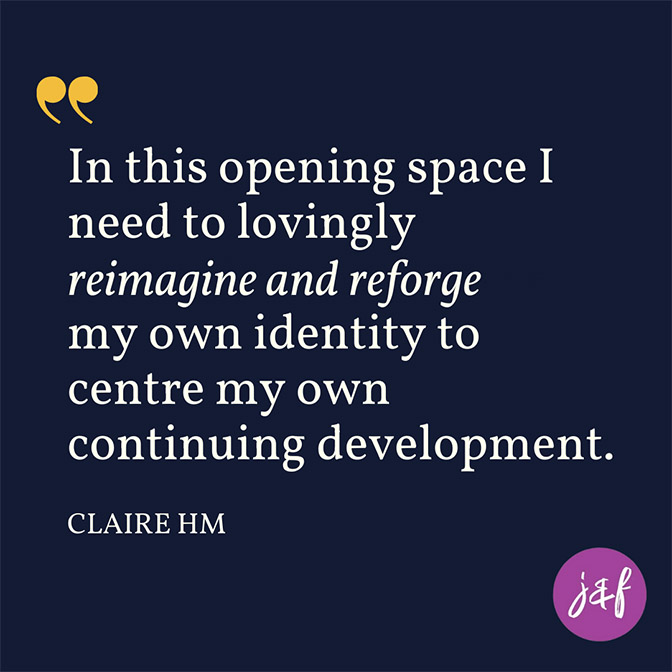
In this opening space I need to lovingly reimagine and reforge my own identity to centre my own continuing development. I must avoid the temptation of mothering other people, which will delay developing un-lived parts of my life into an ever-distant future. If there is a loop back to the identity I had before parenthood it is that I’m still on that journey to learn how to prioritise my own career ambitions over caregiving to my family, and to want that too.
Sorry, the comment form is closed at this time.

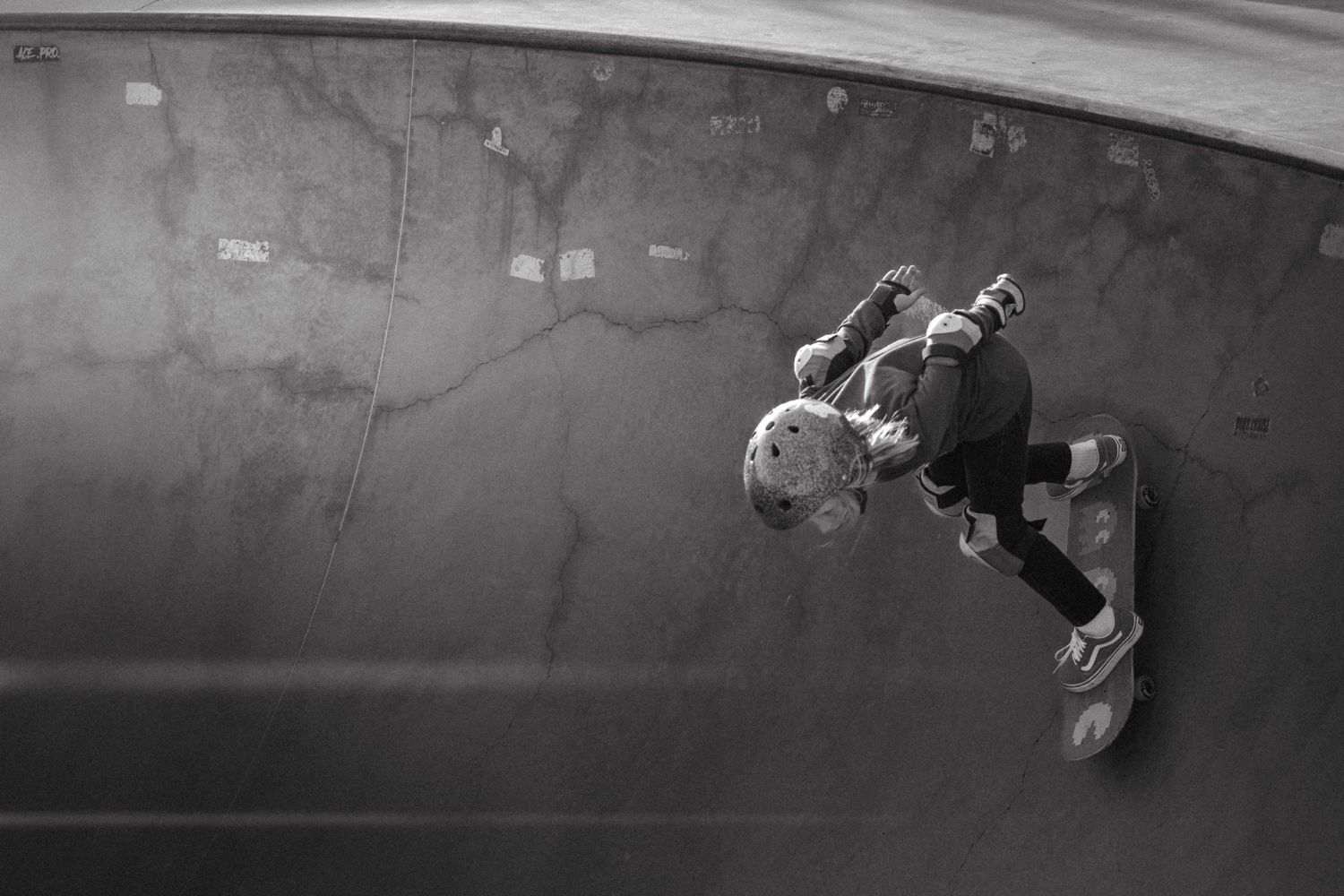

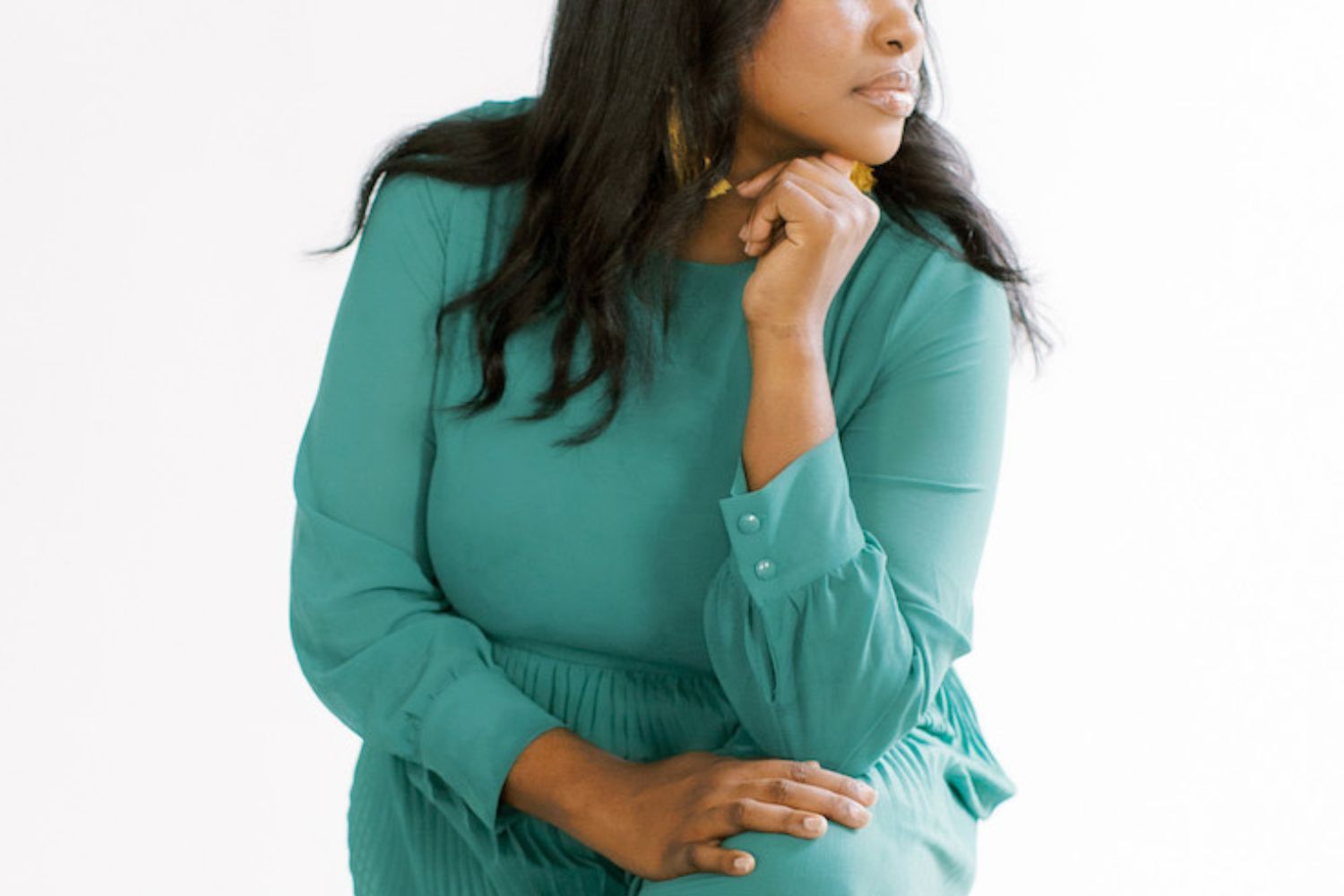
Bonnie
How amazingly vulnerable. Its like our journeys were flipped, and that’s the beauty of mid-life feminism of this era. In your last sentence, I could say the same but flipped – how to prioritize caregiving over career ambitions. Somehow I feel at the end of our lives we would be complete with similar lessons, and the cycles will be complete. I will take your wisdom with me, as I honor my own transition. Much love, Claire!
Claire HM
Bonnie – there is certainly an uncanny, mirrored link between the seasons of our lives right now. I love that insight that somehow the cycles will be complete with similar lessons. That’s certainly something to ponder! Thanks so much for reading and your kind words. So appreciated, with love x
Leslie
Lovely article. I am 2 1/2 years away from an empty nest. I wasn’t prepared for the grief that hit when I realized I’d never see/hug my “kid” again. I love the young man my son has turned into, but I’ll always miss his boyhood. His tiny voice, his cuddles.
I also gave my life to motherhood, more than gladly signing away waking every moment and every bit of my personality to be “mom.” I feel like I’m waking up from an 18 year dream, trying to remember who “I” am and what “I” want out of life, after almost two decades of living/working for the greater good of my family exclusively.
Claire HM
Thanks so much for reading and sharing where you’re at in the mothering/ nesting cycle, Leslie. The grief for the younger versions of our children is real! Sending you much love as you journey into the next season of your life and transition into the next version of you x